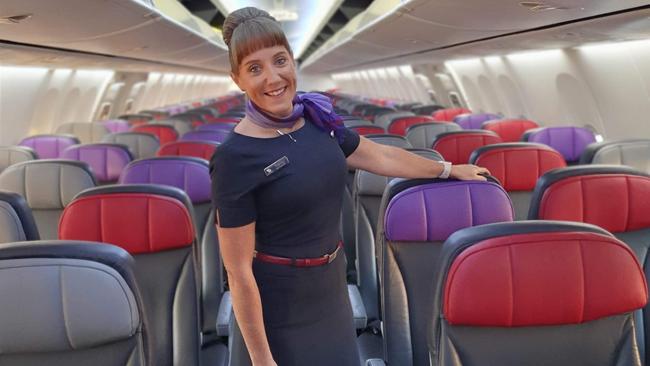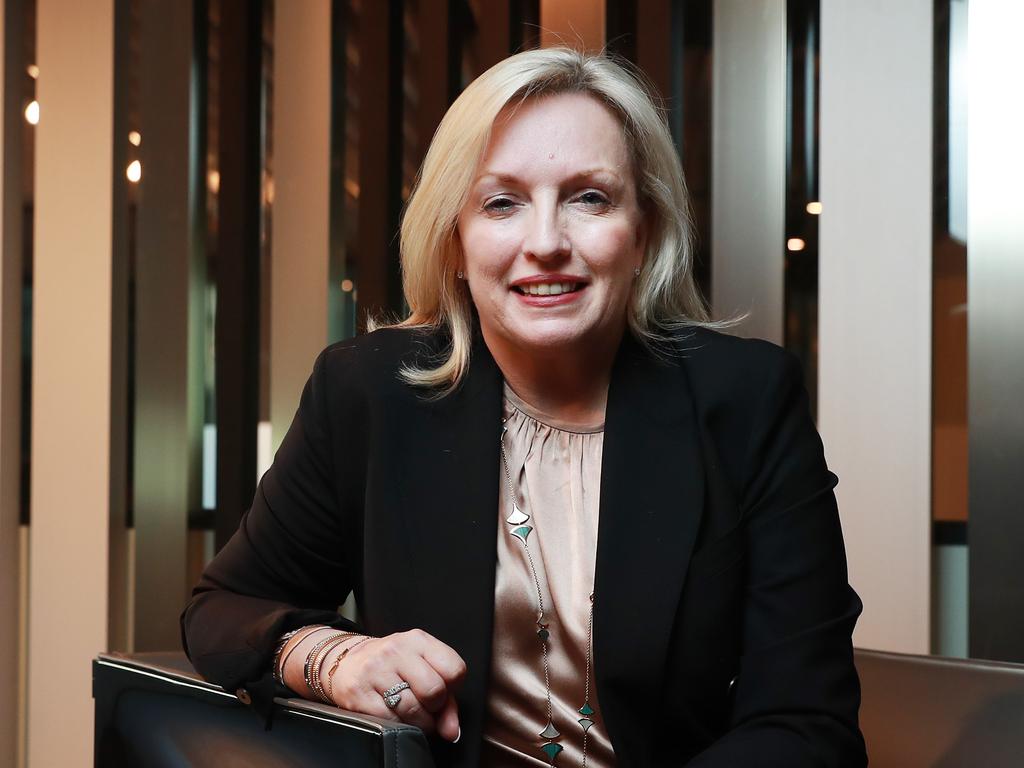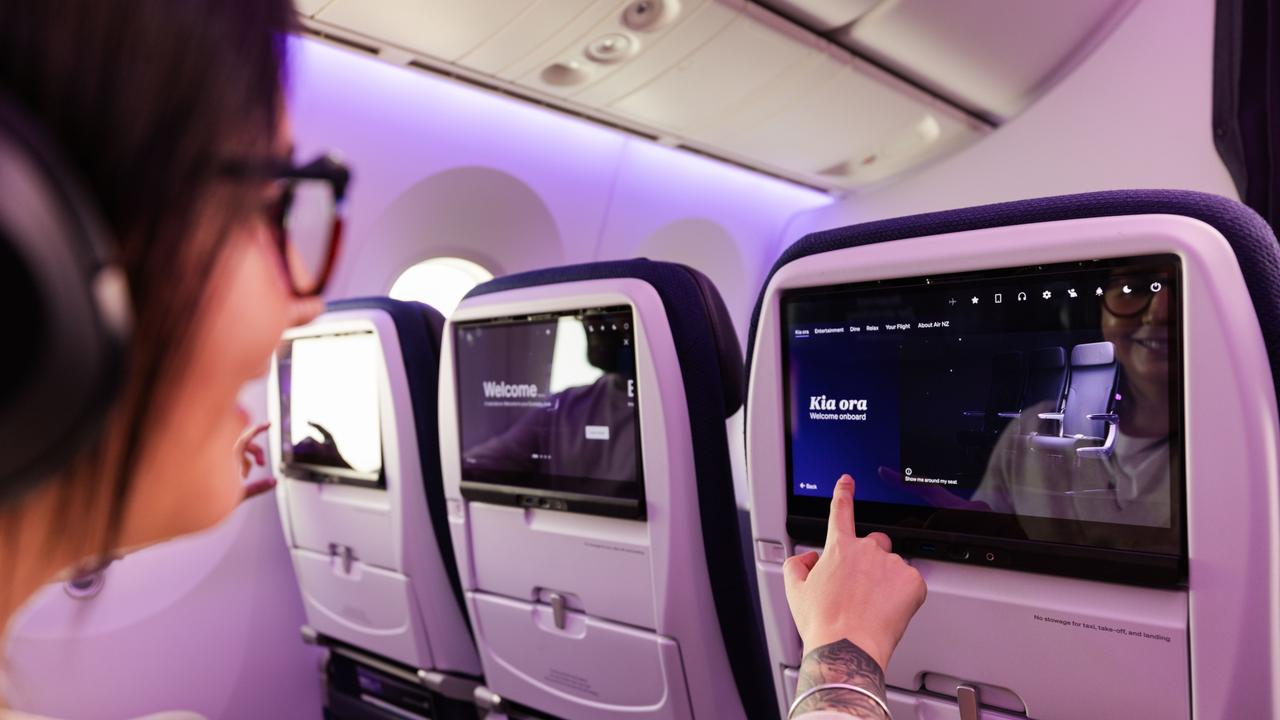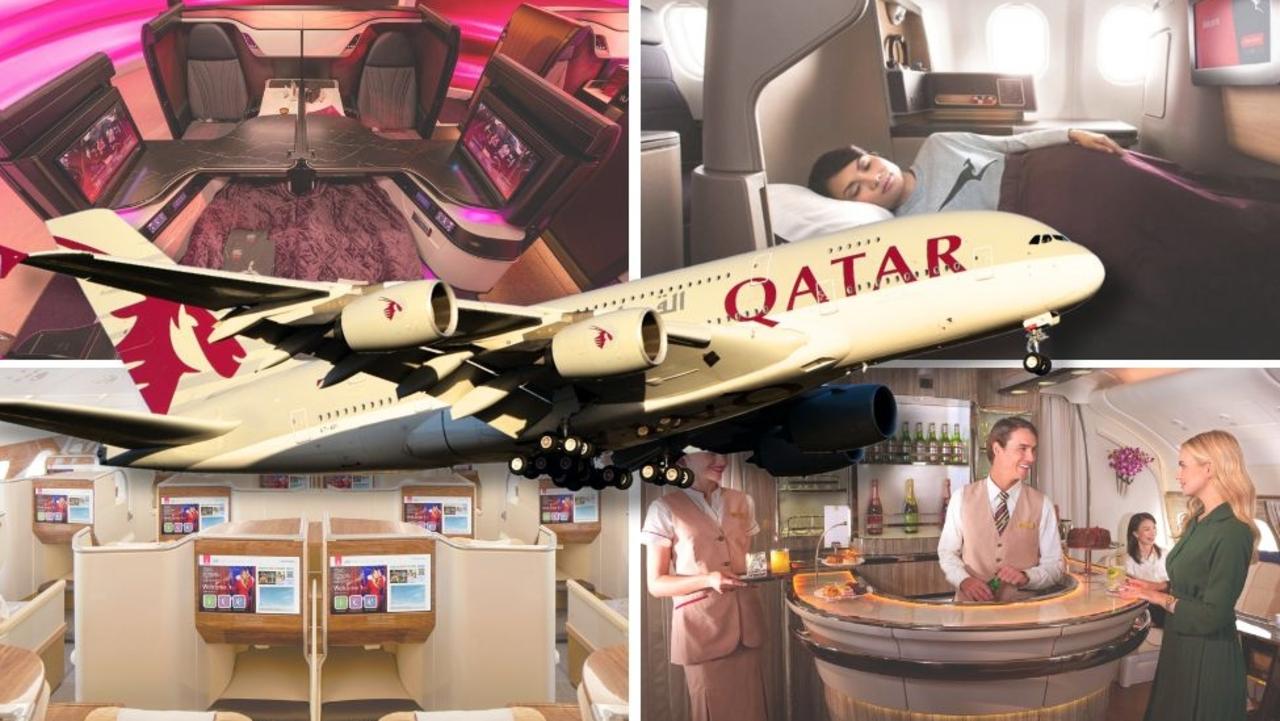Virgin Australia’s new ‘hybrid’ model cause for confusion
Senate Estimates has failed to produce a definition for the planned changes to Virgin Australia to a ‘hybrid’ airline.

The federal government department responsible for aviation in Australia has been unable to explain what a “hybrid” airline might look like.
Virgin Australia’s new owner Bain Capital has proposed adopting a hybrid model for the airline, rather than continuing as a full service carrier.
The US private equity firm has provided few other details of the model other than denying Virgin was being taken down-market, despite the expectation operating costs would be reduced.
A Senate Estimates hearing examining COVID aviation issues, heard there had been no explanation sought from Bain about what “hybrid” meant and how that could impact Australia’s aviation industry.
“If Qantas announced they were going to a hybrid model, what would you take that to mean?” asked Labor Senator Tony Sheldon.
“It’s not for me to speculate what it might be. Clearly given the fact it’s in inverted commas, they’re giving themselves some flexibility to redesign as they go forward,” replied Liberal Senator Anne Ruston, who was representing Deputy Prime Minister Michael McCormack in the hearing.
Deputy Secretary of the Department of Infrastructure, Transport, Regional Development and Communications Christine Dacey added that they accepted the aviation sector would “look different” post-COVID.
“No-one here can know. We’re seeing airline operators take up new sectors in ways that we had not seen and driven by things we had not foreseen like state border closures,” Ms Dacey said.
“Brisbane Cairns is apparently the busiest route in Australia, the Golden Triangle is no longer the most trafficked route in Australia.”
The subject of government grants to airlines was also explored with Senator Sheldon questioning the department’s justification for a $54m “untied grant” to Regional Express (Rex) Airlines, which recently announced plans for expansion and a fleet upgrade.
Department secretary Simon Atkinson said the funds were put in place for regional airlines facing insolvency following the sudden halt to flying and associated loss of revenue.
“(Airlines) effectively had to satisfy accountants that they couldn’t get cash otherwise, and needed assistance to stay in the system,” Mr Atkinson said.
“As soon as someone is not eligible they don’t get further funding.”
He said Rex was no longer eligible, following the airline’s announcement to the ASX of a deal with an Asian investor to fund an expansion into city routes, using Boeing 737 jets.
It was revealed that twice the department sought a written assurance from Rex that the $54m grant was not used to fund its expansion.
“We became aware of the expansion plans and we wanted to be sure that the funds weren’t being used for that purpose,” said first assistant secretary Richard Wood.
Similar assurances had been sought from other grant recipients including Corporate Air which had “rebranded” as Link Air during the pandemic and Sky Trans after announcing new routes.
Airservices Australia CEO Jason Harfield was also grilled at the hearing which focused on the Broderick Report’s findings of widespread bullying and harassment at the organisation.
In response to the report, a new code of conduct was introduced by Airservices Australia that all employees were required to observe.
The hearing was told that since June 1, 2020, there had been 50 code of conduct investigations, which had led to nine people leaving Airservices Australia.
Another session of the hearing was devoted to the Civil Aviation Safety Authority, with CEO Shane Carmody making his last Senate Estimates appearance before he leaves the regulator at the end of the year.
Senator Rex Patrick questioned why the independently run Recreational Aviation Australia (RAAus) was not required to make its aircraft accident investigations public, pointing out that not even aircraft manufacturers could access the reports.
He said important safety information could be missed as a result of the lack of transparency.
Mr Carmody replied that under amendments to part 149 of civil aviation laws, covering self-administered aviation organisations, CASA could require RAAus to make its reports public.
After the hearing, RAAus chairman Michael Monck said the organisation would be exposed to significant legal risk if it was required to make public its reports, because they did not have the same legal immunity as the Australian Transport Safety Bureau.
“Essentially if it comes down to ‘we must publish’, the unfortunate result will be that we will opt simply not to investigate accidents,” Mr Monck told The Australian.
“It would expose us to such a legal risk that it wouldn’t be feasible.”







To join the conversation, please log in. Don't have an account? Register
Join the conversation, you are commenting as Logout